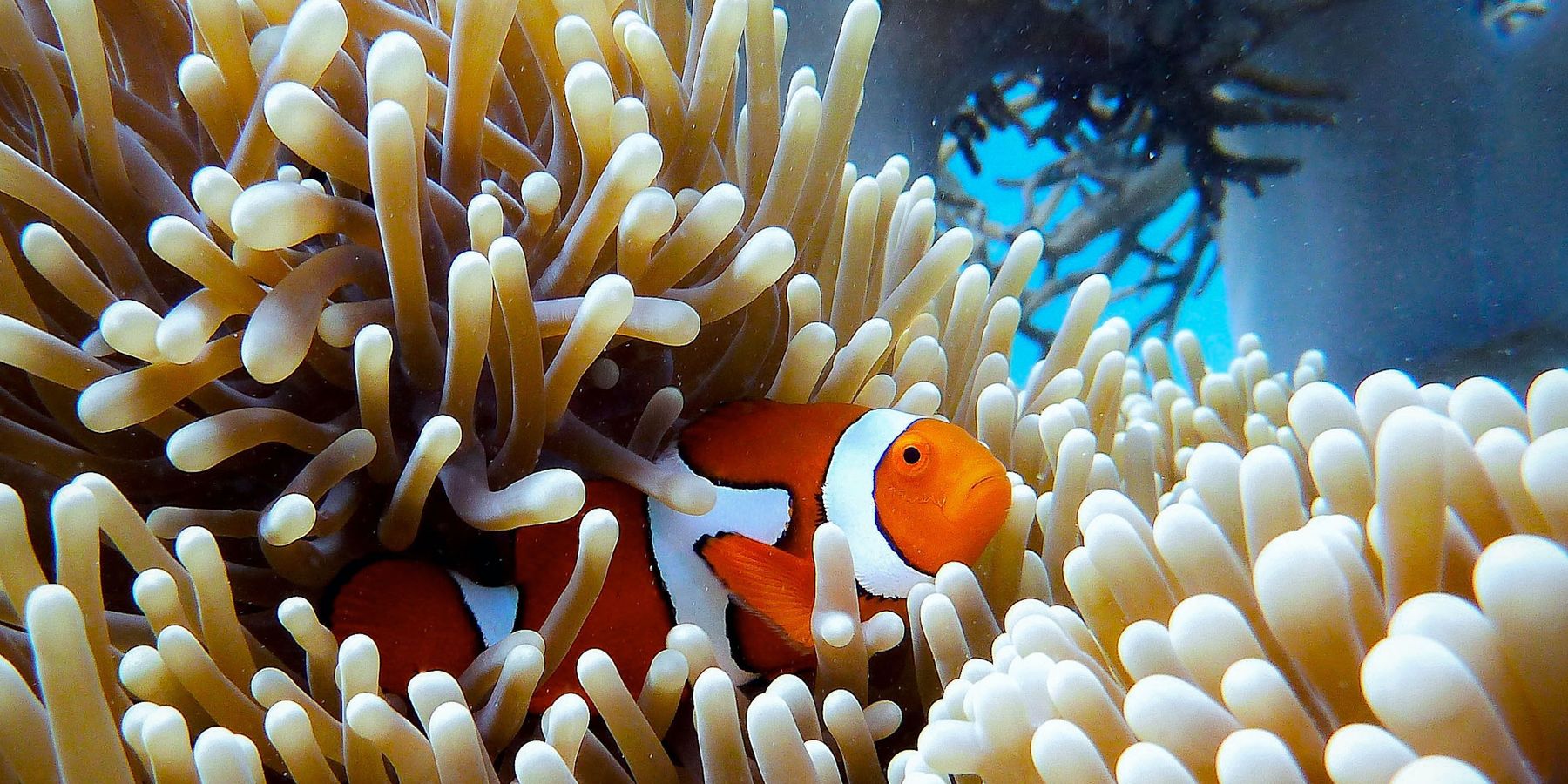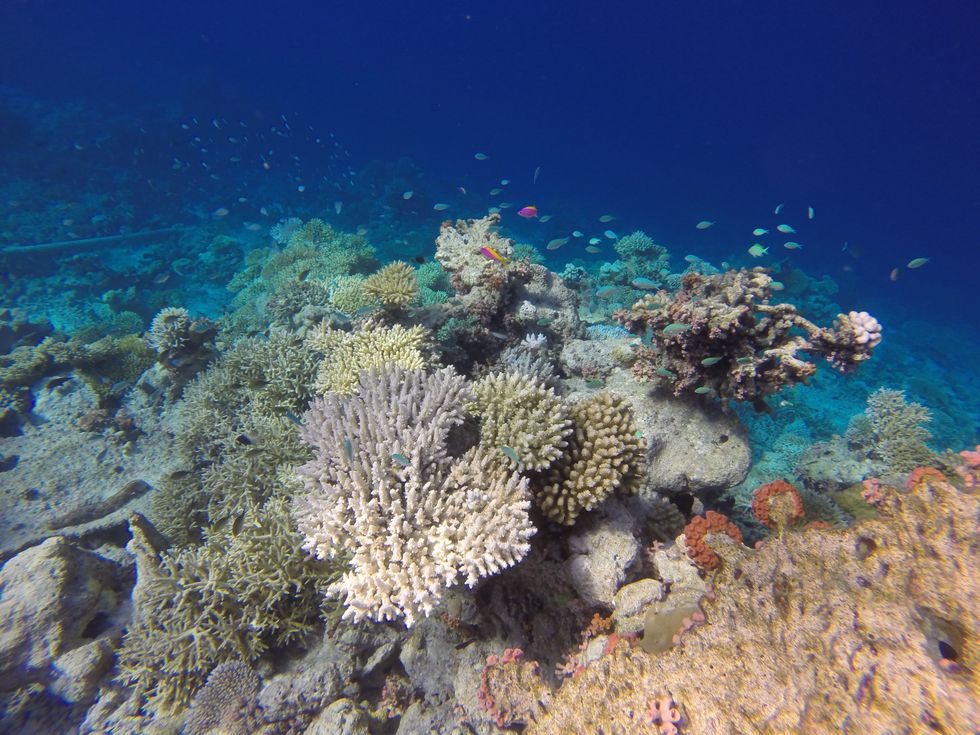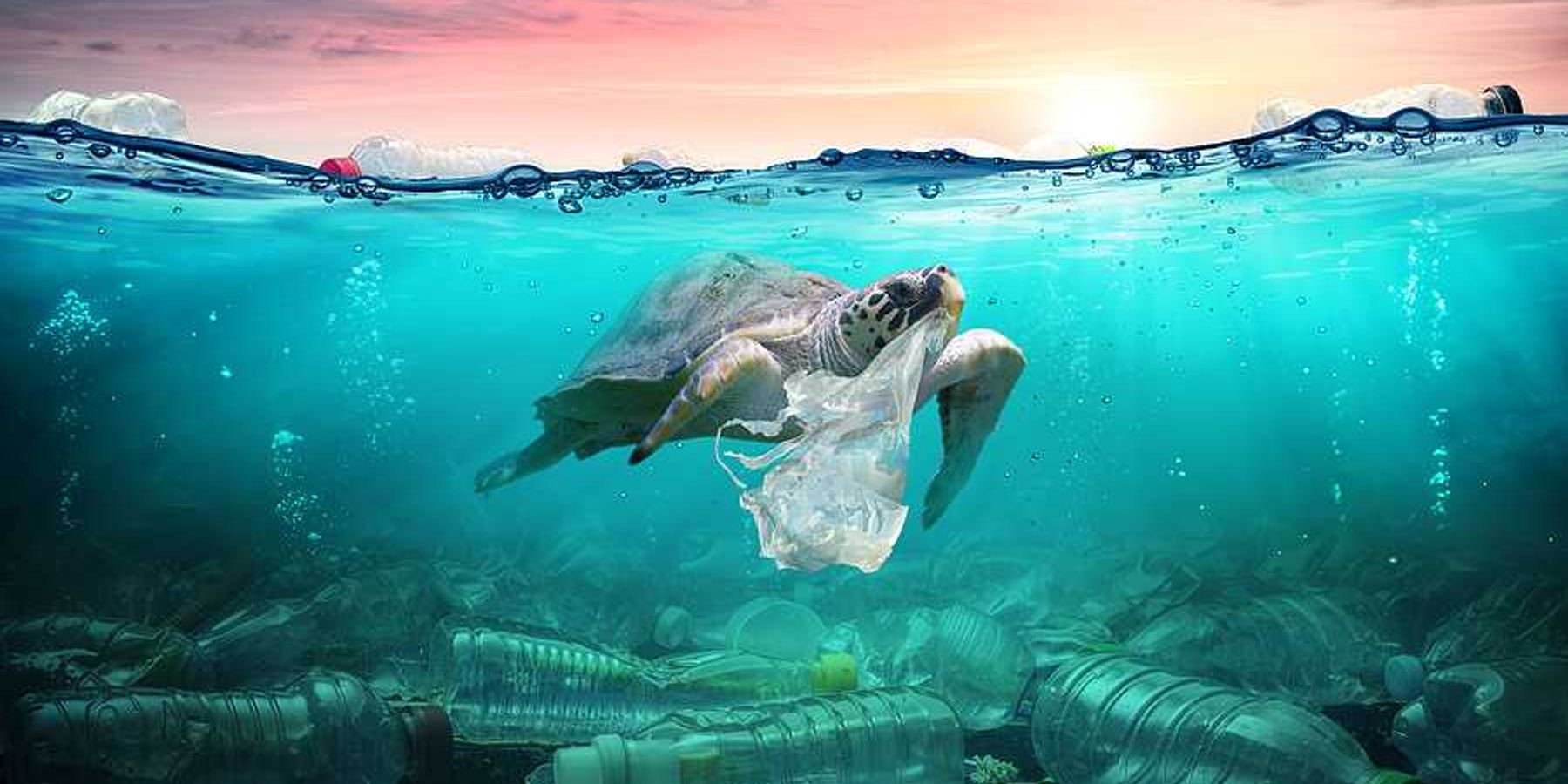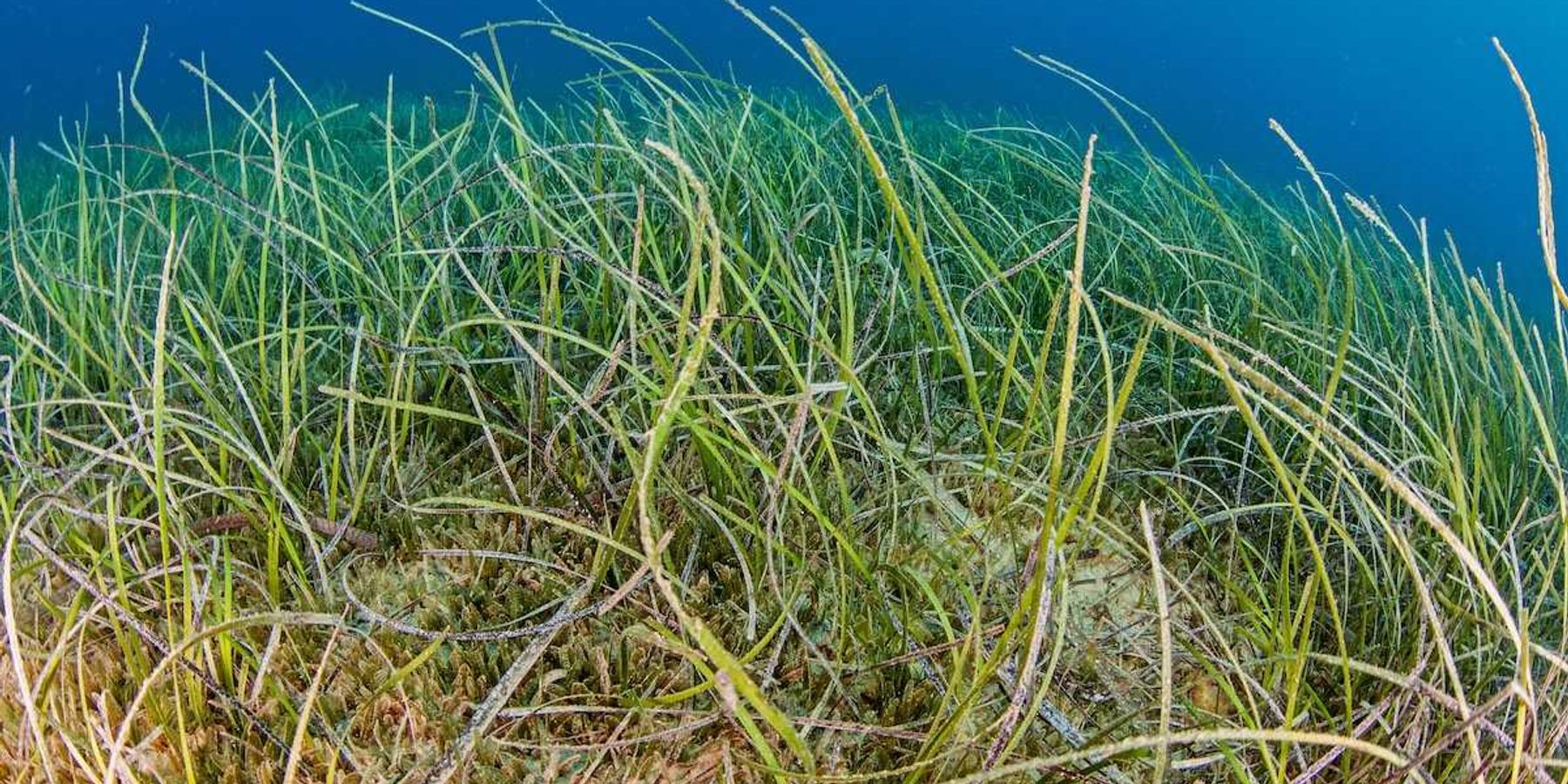
Coral reefs get their genetic revolution
Using genetic tools, it's now possible to predict which corals will survive bleaching events.
Scientists have concocted many schemes to save coral reefs from climate change. Assisted migration. Selective breeding. Manipulating the coral microbiome.
Many of these conservation techniques are risky and unproven, but the stakes are high; the United Nations Intergovernmental Panel on Climate Change predicts that with a 2˚C increase in global temperatures, 99 percent of corals will be lost to bleaching.
"We are desperate," Mónica Medina, a coral reef biologist at Penn State University, told EHN.
There's a glimmer of good news. A new study published yesterday in Science offers a new roadmap for coral conservation using the tools that have revolutionized our understanding of the human genome. With cutting-edge genetics, it's now possible to predict which corals will bleach and which ones won't.
"That's a great asset to conservation efforts," Stephen Palumbi, a coral reef biologist at Stanford University who was not involved with the study, told EHN.
The effort is a fruitful symbiosis between population geneticists and coral biologists.
Marine heatwaves devastate reefs, causing coral polyps to eject the symbiotic algae that live within their tissues. Without their photosynthesizing tenants to make sugars and nutrients, the polyps starve. But some corals can weather the heat, and hold onto their symbionts—a trait that turns out to be largely heritable.
By propagating branches from these survivors it's possible to selectively breed heat tolerant individuals, and use them to repopulate reefs.
This strategy has an obvious drawback: we only know which corals are hardy after everything else dies. But if you can screen for that adaptation in a coral's genome, "you don't have to wait for mass bleaching events to reveal these tolerant corals," Zachary Fuller, a population geneticist at Columbia University and lead author of the study, told EHN.

The stony coral Acropora millepora breeds with its neighbors, but scatters its infant polyps to the currents, which can carry them for miles. At the height of a mass bleaching event in the Great Barrier Reef in 2017, researchers in Australia collected samples from more than 200 colonies of A. millepora in different parts of the reef. It's the largest population sample in any coral study to date.
Mapping the complete genomes of hundreds of coral colonies would be prohibitively expensive, but Fuller's team used a shortcut that brings down the cost.
"They have built the best coral genome that anybody's ever built at the chromosome level," said Palumbi. Using that genome as a reference, the team then skimmed the rest of the samples for random genetic sequences and filled in the gaps.
Of course, corals are doubly complicated creatures. The researchers sequenced the genome of the symbiotic algae, as well.
Drawing on environmental data collected from the reef, and observations of bleaching variation among their samples, the team searched for associations between the corals' genes and heat tolerance.
They found the bleaching response isn't controlled by one gene, as some have hoped, but probably by many. That makes heat tolerance in corals "a lot more akin to say, human diabetes, or even human height, where there are lots of genes involved," said Palumbi.
Human genetic studies draw on thousands of genomes. So Fuller and his team were excited to find that with only 200 samples, their model could explain roughly 60 percent of the variation in bleaching. With more samples, the picture will only grow sharper.
"Our goal is to start applying these types of approaches into other species that are at risk of climate change," said Fuller.
"It's worked in agriculture, and it's worked in human disease," said Medina. "Working with what nature has already given us" is "a pretty good bet, a safe bet."
It's a steady step forward, but the fanciest genomics won't save the Great Barrier Reef if we can't reign in the warming trend, said Palumbi.
"The reason to be so interested and excited about it, and go for it, is that it gives us the chance to save as much as possible for the next couple of decades while we actually get a grip on carbon dioxide emissions and bring them way down."
Banner photo: Clown fish on a coral reef in the Great Barrier Reef, Queensland, Australia. (Credit: Giorgia Doglioni/Unsplash)













